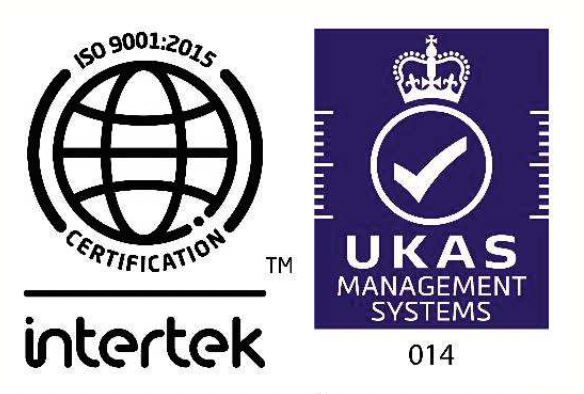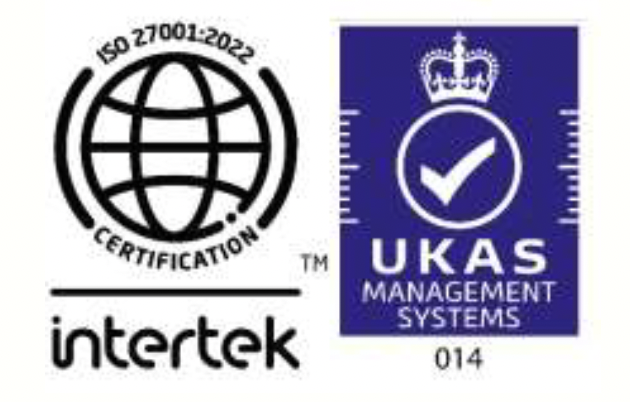What does a comprehensive GDPR implementation look like?

A comprehensive General Data Protection Regulation (GDPR) implementation involves a thorough and structured approach to ensuring compliance with the GDPR requirements.
The GDPR is a regulation that aims to protect the privacy and personal data of individuals within the European Union (EU), and any organization that processes personal data of EU residents must adhere to its guidelines.
Here's an overview of what a comprehensive GDPR implementation might entail:
- Awareness and Training: Ensure that your organization's key stakeholders, employees, and relevant departments are aware of the GDPR's principles, requirements, and implications. Conduct training sessions to educate employees about data protection and privacy best practices.
- Data Mapping and Inventory: Identify and document all the personal data your organization collects, processes, and stores. Create a comprehensive inventory that includes the types of data, sources, purposes, legal basis for processing, and data flows within your organization.
- Legal Basis and Consent: Clearly define the legal basis for processing personal data. If relying on consent, ensure that consent is obtained in a clear and specific manner, and that individuals can easily withdraw their consent.
- Privacy Notices and Transparency: Develop clear and concise privacy notices that inform individuals about how their data will be processed. These notices should cover the purposes of processing, legal basis, data retention, and the rights of individuals.
- Data Subject Rights: Implement processes to facilitate the exercise of data subject rights, such as the right to access, rectification, erasure, restriction of processing, data portability, and objection. Ensure that your organization can respond to such requests within the specified timeframes.
- Data Security and Minimization: Implement robust security measures to protect personal data from unauthorized access, breaches, and other threats. Adopt the principle of data minimization, collecting only the data necessary for the intended purpose.
- Data Protection Impact Assessments (DPIAs): Conduct DPIAs for high-risk processing activities, assessing potential privacy risks and taking steps to mitigate them. DPIAs are particularly important when implementing new technologies or processing methods.
- Vendor Management: Review and update contracts with third-party vendors and data processors to ensure they comply with GDPR requirements. Your organization remains responsible for the data it processes, even when using external service providers.
- Data Breach Notification: Establish procedures for detecting, assessing, and reporting data breaches to the appropriate supervisory authority and affected individuals within the required timeframes.
- Cross-Border Data Transfers: If your organization transfers personal data outside the EU, ensure that you use approved mechanisms for such transfers, such as Standard Contractual Clauses or Binding Corporate Rules.
- Accountability and Documentation: Maintain comprehensive documentation of your GDPR compliance efforts. This includes policies, procedures, records of processing activities, and evidence of ongoing compliance initiatives.
- Regular Audits and Reviews: Conduct regular internal audits to assess your organization's GDPR compliance. Use the results to identify areas for improvement and implement necessary changes.
- Data Protection Officer (DPO): Appoint a Data Protection Officer if your organization's core activities involve large-scale processing of sensitive personal data or monitoring individuals on a large scale.
- Cultural Integration: Foster a culture of privacy and data protection within the organization. Ensure that data protection principles are integrated into the decision-making processes across all departments.
Remember that GDPR compliance is an ongoing process, and organizations must adapt to changes in technology, regulations, and business practices.
Consulting legal professionals or GDPR experts is recommended to ensure accurate and up-to-date compliance.
In Coral, we have delivered several such assignments in line with GDPR obligations, where clients continue to fulfill their GDPR obligations.

